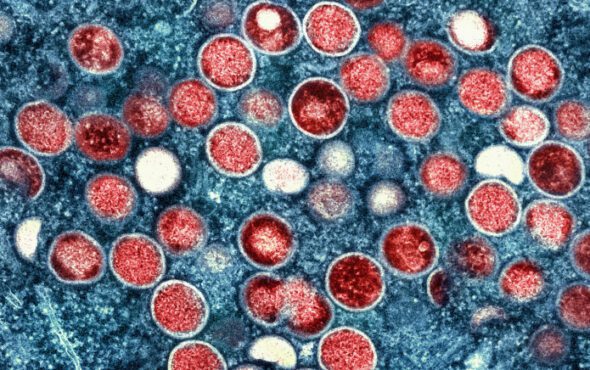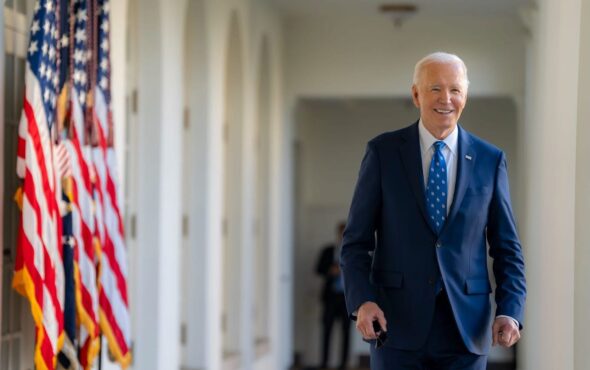
The mpox outbreak is no longer a Public Health Emergency of International Concern, the World Health Organization (WHO) has announced.
The virus, which was formerly known as monkeypox, saw a surge in cases globally early on in 2022.
Since then, countries have seen a sustained reduction cases, with the UK going from a high of 250 per week in July 2022 to just a handful of cases so far this year.
“The Emergency Committee acknowledged the progress made in the global response to the multi-country outbreak of mpox and the further decline in the number of reported cases since the last meeting,” a statement from the WHO said after the fifth meeting of the International Health Regulations (2005) (IHR) Emergency Committee regarding the multi-country outbreak of monkeypox (mpox) was held on 10 May.
“The Committee noted a significant decline in the number of reported cases compared to the previous reporting period and no changes in the severity and clinical manifestation of the disease.
“The Committee acknowledged remaining uncertainties about the disease, regarding modes of transmission in some countries, poor quality of some reported data, and continued lack of effective countermeasures in the African countries, where mpox occurs regularly.
“The Committee considered, however, that these are long-term challenges that would be better addressed through sustained efforts in a transition towards a long-term strategy to manage the public health risks posed by mpox, rather than the emergency measures inherent to a public health emergency of international concern (PHEIC).”
READ MORE: Mpox: What you need to know about England’s vaccination programme
It was recently announced that England’s mpox vaccination programme is no longer needed and will be wound down in the summer, but the UK Health Security Agency (UKHSA) is keeping the situation under close review.
In response to the WHO, the UKHSA said its “focus remains on elimination”.
“Last year UKHSA was the first in the world to detect the 2022 mpox outbreak and we welcome this news from the World Health Organisation that the incident has now been stepped down as a public health emergency of international concern, but we must not be complacent and our focus remains on elimination,” said Dr Katy Sinka, Head of Sexually Transmitted Infections at UKHSA.
“Elimination is more likely to be achieved if those who remain eligible continue to come forward for vaccination. If you’re eligible and still need to take it up, please come forward ahead of the summer months to ensure you have maximum protection. First doses of the vaccine will end on 16 June and both doses will cease at the end of July.”
You can find your nearest mpox vaccination site by clicking here.



